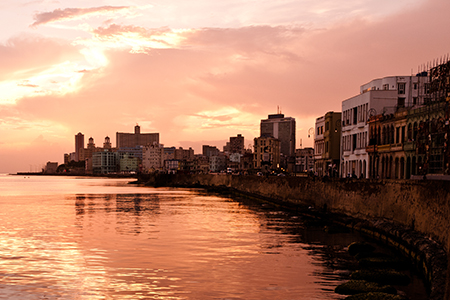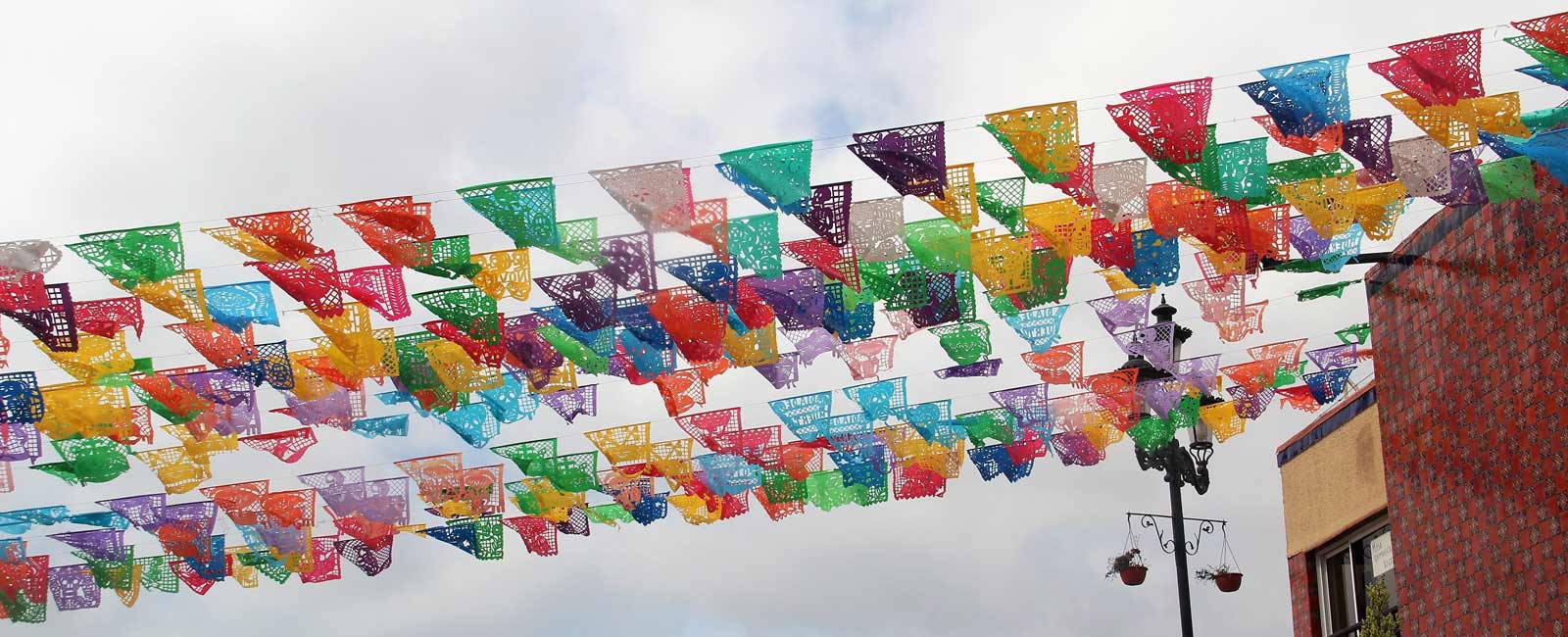
Cuba Lowers Expectations on Eve of High-Level Talks With US
HAVANA — Jan 20, 2015, 10:03 PM ET
By BRADLEY KLAPPER and MICHAEL WEISSENSTEIN Associated Press
A senior Cuban official said Tuesday that restoring diplomatic ties with the United States won’t immediately lead to a full relationship between the Cold War foes after a half-century of enmity.
The message appeared designed to lower expectations a day before the arrival of the highest-level U.S. delegation to Cuba in decades and just before President Barack Obama made his case in the State of the Union Address for seizing the opening with Cuba by ending the U.S. trade embargo of the island. Alan Gross, whose release from Cuba in a prisoner exchange last month cleared the way for a new relationship, sat next to Michelle Obama.
“We are ending a policy that was long past its expiration date,” Obama said. “When what you’re doing doesn’t work for 50 years, it’s time to try something new.”
The Havana talks start Wednesday morning. But the high-ranking Cuban diplomat said Tuesday: “Cuba isn’t normalizing relations with the United States. Cuba is re-establishing diplomatic relations with the U.S. The process of normalization is much longer and deeper.” Reporters were briefed on condition the official not be quoted by name.
The U.S. has taken “steps in the right direction but there’s still far to go,” the official noted. He expressed optimism about the long-term prospects for U.S.-Cuban relations as long as Washington does not try to change Cuba’s single-party government and centrally planned economy — tenets of Cuba’s system the U.S. has long opposed.
American officials have repeatedly said they hope their new path of engagement will empower Cubans and soften the government’s control over the country.
Republican leaders in the House and Senate are opposed to the rapid rebuilding of relations with President Raul Castro still firmly in control of Cuba. Other obstacles include billions of dollars in economic claims against Cuba’s government, American fugitives living freely in Cuba and the opposition of many Cuban-Americans.
Still, the biggest potential challenge is Castro’s government itself, which needs a rapid infusion of cash into its stagnant economy but fears Obama’s new policy merely repackages the longstanding U.S. goal to push him from power.
Leading the U.S. delegation to Havana is Roberta Jacobson, the most senior American official to visit Cuba in 35 years. The rosters on both sides include officials well-known to one another from years of cautious efforts to improve cooperation.
“We always have tough things to say to them but nevertheless this is a professional discussion,” said John Caulfield, who headed the U.S. Interest Section in Havana until last year. “You don’t have to break the ice. People understand each other.”
Wednesday’s conversations start with a continuation of efforts by both sides in recent years to promote what the State Department calls “safe, legal and orderly migration,” covering everything from the security of charter flights that travel regularly between Miami and Havana to rooting out fraudulent passports and partnering on potential search and rescue missions.
Thursday’s talks are trickier, dealing with the mechanics of re-establishing a U.S. Embassy in Havana headed by an ambassador, and a Cuban Embassy in Washington.
Immediate U.S. objectives include the lifting of restrictions on American diplomats’ staffing numbers and travel inside Cuba, easier shipments to the current U.S. Interests Section and unfettered access for Cubans to the building. Cuba’s government hasn’t signaled how it will respond, but the Americans say restoration of full diplomatic ties depends on how quickly the Cubans meet the U.S. requests. Jacobson will also meet Cuban activists and civil society representatives.
The U.S. and Cuba haven’t had diplomatic relations since 1961, soon after Fidel Castro seized power. Interests sections were established in the late 1970s as a means of opening a channel between the two countries, but any diplomatic goodwill they generated quickly evaporated. In the years since, both governments have enforced restrictions on the activity of each other’s diplomats.
Some changes have come since December’s declaration of detente. The Cubans last week released 53 political prisoners. Three days later, the Obama administration significantly eased travel and trade rules with Cuba.
Cuban state media have heavily emphasized the restrictions on trade remaining under U.S. law. For many years, Cuba has pointed to the trade embargo as the primary cause of its dire economic woes.
But Cuban economists and ordinary citizens often don’t agree. Cuba’s state-run economy suffers from chronic underinvestment, inefficiency, low productivity and pilfering by employees. U.S. steps to soften the embargo may not solve these problems.
“The day that they lift the blockade, the world will realize that there are millions of things that don’t function well here,” said Maite Delgado, a 52-year-old accountant. “Inefficiency, lack of productivity, the fact that they don’t pay people a living wage,” she said, “none of that results from the blockade.”
———
AP correspondents Andrea Rodriguez and Anne-Marie Garcia contributed to this report.

